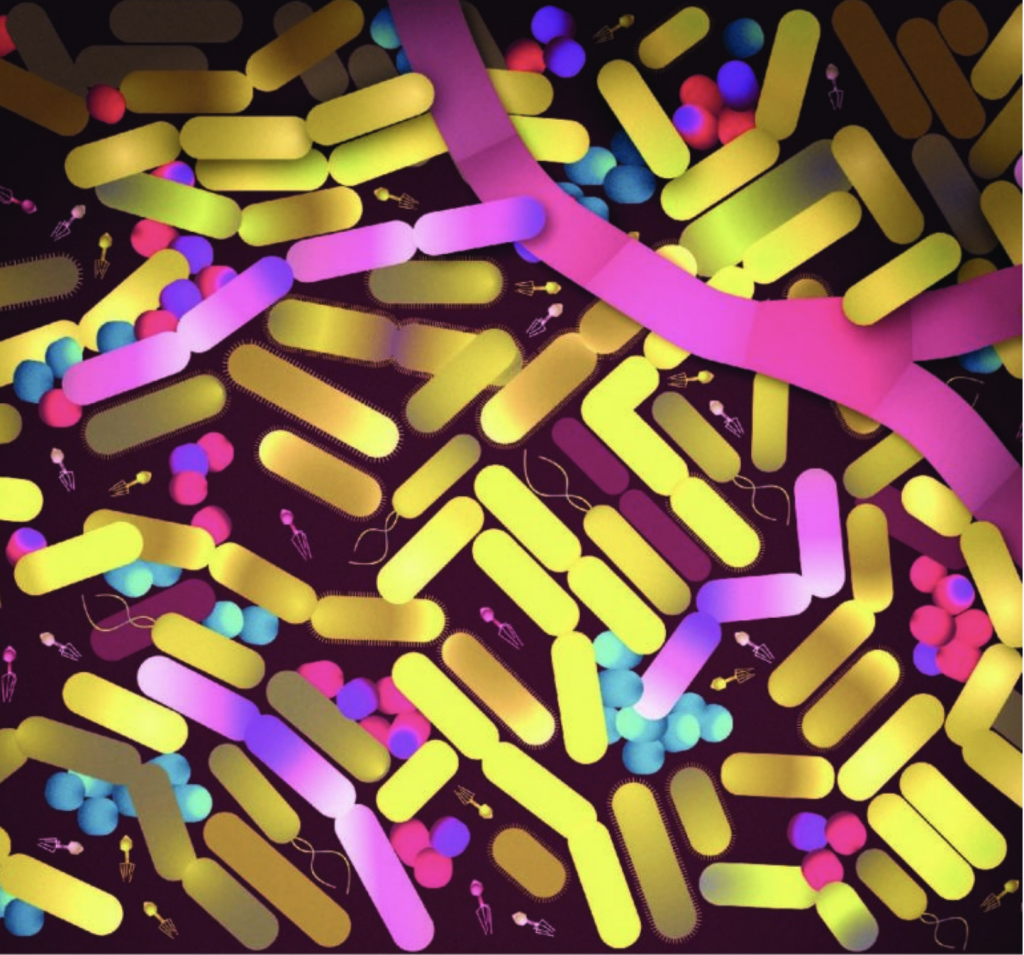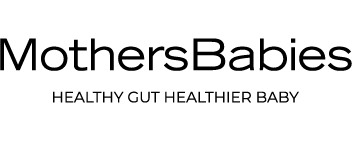The Persistent Effects of Birth Mode on Gut Microbiota Composition, Immune System Development and Antimicrobial Resistance

It is believed that mode of birth (Vaginal or Caesarean) has a significant effect on early gut microbiota acquisition and development. Globally, the rate of caesarean birth is consistently increasing as a result of multiple factors. Among these factors are the increase in the overall income and the easy access to health facilities. In 2015, around 29.7 million births happened by caesarean, accounting for about 18% of the births in 169 countries.
Early Microbiota Colonization and Gut Metabolome

It’s believed that the status of our health in later life is associated with the first bacteria that colonize our gut.
High Fat Diet, Obesity and Microbiota

Nutrition during pregnancy is one of the most important factors that play a significant role in the early developmental process through the regulation of epigenetic mechanisms during pregnancy and neonatal periods.
The role of Bifidobacteria in HMOs utilization and systematic immune upregulation

Among the most abundant members of the gut microbiota that colonize the gut of infants during early days of life are Bifidobacteria, which are believed to play a major role in the development of the immune system
90% of infants lack bacterial species needed for immune system development

A multiple states metagenomic cross sectional study revealed that the vast majority of American infants showed a significant deficiency in an important bacterial strain essential for human milk utilization and immune system development.
The phases of development of the gut microbiome in babies and children

From approximately three years of age, a child’s microbiota becomes relatively stable and continues to be so throughout their lifetime.
Cesarean Section, Microbiota and Risk of Respiratory Infection

In a recent prospective study, Reyman et al (2019), assessed the effect of delivery mode on gut microbiota, independent of antibiotic administration to mothers.
The skin your baby’s in

Eczema, also known as Atopic Dermatitis (AD) has been on the rise in industrialised countries over the last few decades, such that now 20% of babies will have Eczema by the time they reach six months.
Birth-mode dependent associations of maternal body weight status with the infant gut microbiota

Due to the intimate contact between mother and newborn baby during birth, the mother has been found to be the most influential factor for seeding the gut microbiota of her newborn baby.
Maternal obesity and the gut microbiome

Maternal Obesity and the Gut Microbiome Written by Dr Fathalla Ali, PHD Paediatrics 9/9/2020 Maternal obesity is the result of complex and multifactorial pathways and is associated with multiple pregnancy complications such as increased risk of miscarriage, gestational diabetes, hypertension, and preeclampsia as well as increased risk of cesarean section delivery. Maternal obesity is the […]





